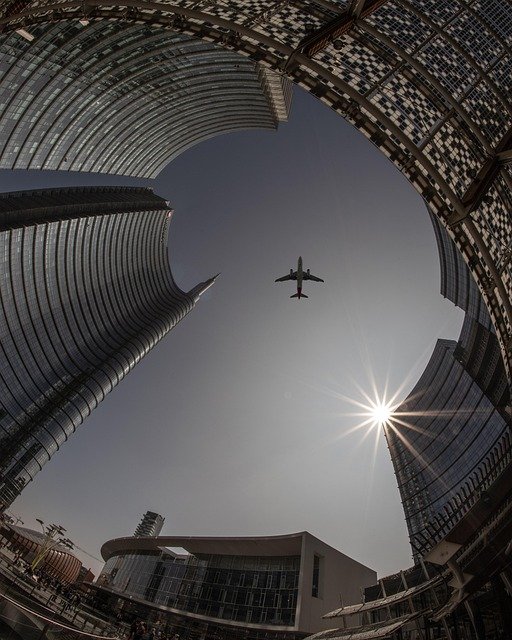Begin Your Aviation Training Journey in Frankfurt am Main
Individuals in Frankfurt am Main who are proficient in English may consider initiating their journey in aviation through beginner training programs. These training programs are designed to provide foundational knowledge and skills necessary for various aviation-related roles. A range of training options exists, catering to different interests within the aviation field.

Frankfurt am Main’s position as a major international aviation center creates unique opportunities for those seeking to enter the aviation field. The city’s extensive airport operations and aviation infrastructure provide students with real-world exposure to industry practices while pursuing their training goals.
Beginner Aviation Training Programs Available in Frankfurt am Main
Several established institutions in the Frankfurt area offer comprehensive aviation training programs designed for beginners. The Lufthansa Aviation Training center provides structured pilot training courses, while the Frankfurt University of Applied Sciences offers degree programs in aviation management and aircraft engineering. Private flight schools such as Flugschule Egelsbach and Rhein-Main International Flight Training deliver hands-on pilot instruction with modern aircraft fleets.
These programs typically include ground school instruction covering navigation, meteorology, aircraft systems, and aviation regulations. Flight training progresses from basic aircraft handling to advanced maneuvers and instrument flying. Most beginner programs require 6-18 months for private pilot certification, while commercial pilot training extends 18-24 months depending on the chosen pathway.
Language Requirements for Aviation Training in English
International aviation operates primarily in English, making language proficiency essential for career success. The International Civil Aviation Organization mandates English proficiency for pilots and air traffic controllers working in international airspace. Training programs in Frankfurt typically require ICAO Level 4 English proficiency as a minimum standard.
Students must demonstrate competency in aviation-specific terminology, radio communication procedures, and technical documentation comprehension. Many Frankfurt training centers offer English language support alongside technical instruction to help non-native speakers meet these requirements. Regular assessments ensure students maintain the necessary communication skills throughout their training progression.
Pathways to a Career in Aviation from Frankfurt am Main
Frankfurt’s aviation sector offers multiple career entry points beyond traditional pilot roles. Air traffic management, aircraft maintenance engineering, airport operations, and aviation logistics present diverse opportunities for trained professionals. The city’s connection to Lufthansa Group companies creates direct pathways into major airline operations.
Career progression typically begins with entry-level certifications and advances through specialized training programs. Pilot careers may start with regional airlines before progressing to international carriers. Maintenance professionals often begin with basic certifications before specializing in specific aircraft types. Airport operations roles provide exposure to various aviation sectors while building industry experience.
| Training Program | Provider | Duration | Cost Estimation |
|---|---|---|---|
| Private Pilot License | Flugschule Egelsbach | 6-12 months | €8,000-€12,000 |
| Commercial Pilot Training | Lufthansa Aviation Training | 18-24 months | €80,000-€120,000 |
| Aircraft Maintenance License | Frankfurt University Applied Sciences | 2-3 years | €15,000-€25,000 |
| Air Traffic Control Training | DFS Deutsche Flugsicherung | 12-18 months | Sponsored Program |
Prices, rates, or cost estimates mentioned in this article are based on the latest available information but may change over time. Independent research is advised before making financial decisions.
The aviation training landscape in Frankfurt continues evolving with technological advances and industry demands. Modern simulators, digital learning platforms, and updated aircraft fleets ensure students receive current industry-standard instruction. Partnerships between training providers and airlines often include job placement assistance and career development support.
Successful completion of aviation training programs opens doors to rewarding careers in a dynamic industry. Frankfurt’s strategic location and established aviation infrastructure provide graduates with excellent opportunities to build professional networks and advance their careers within Europe’s aviation sector.




